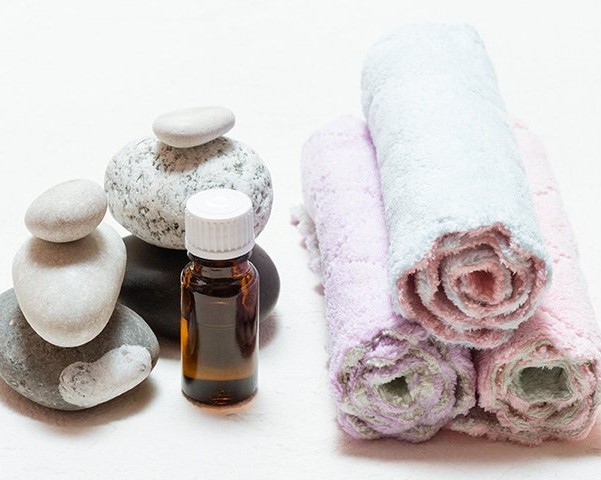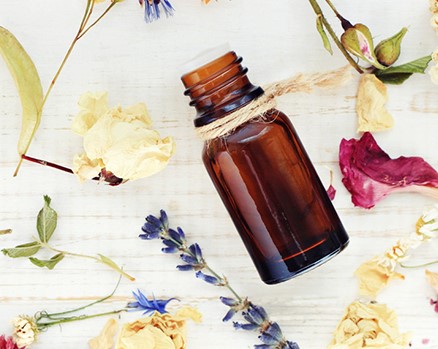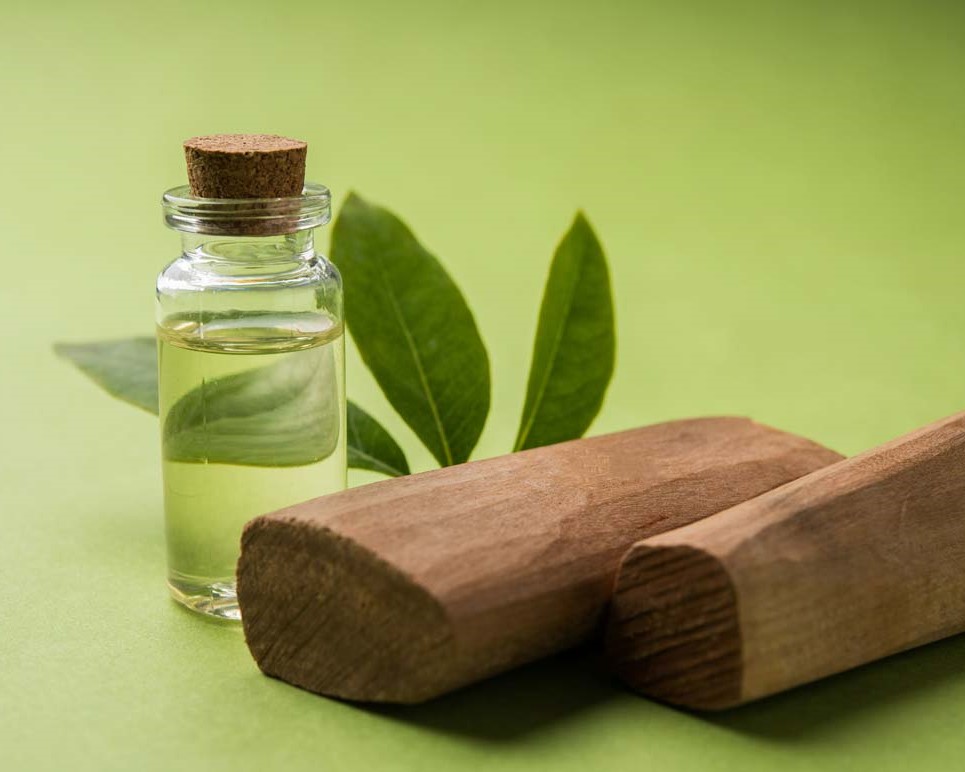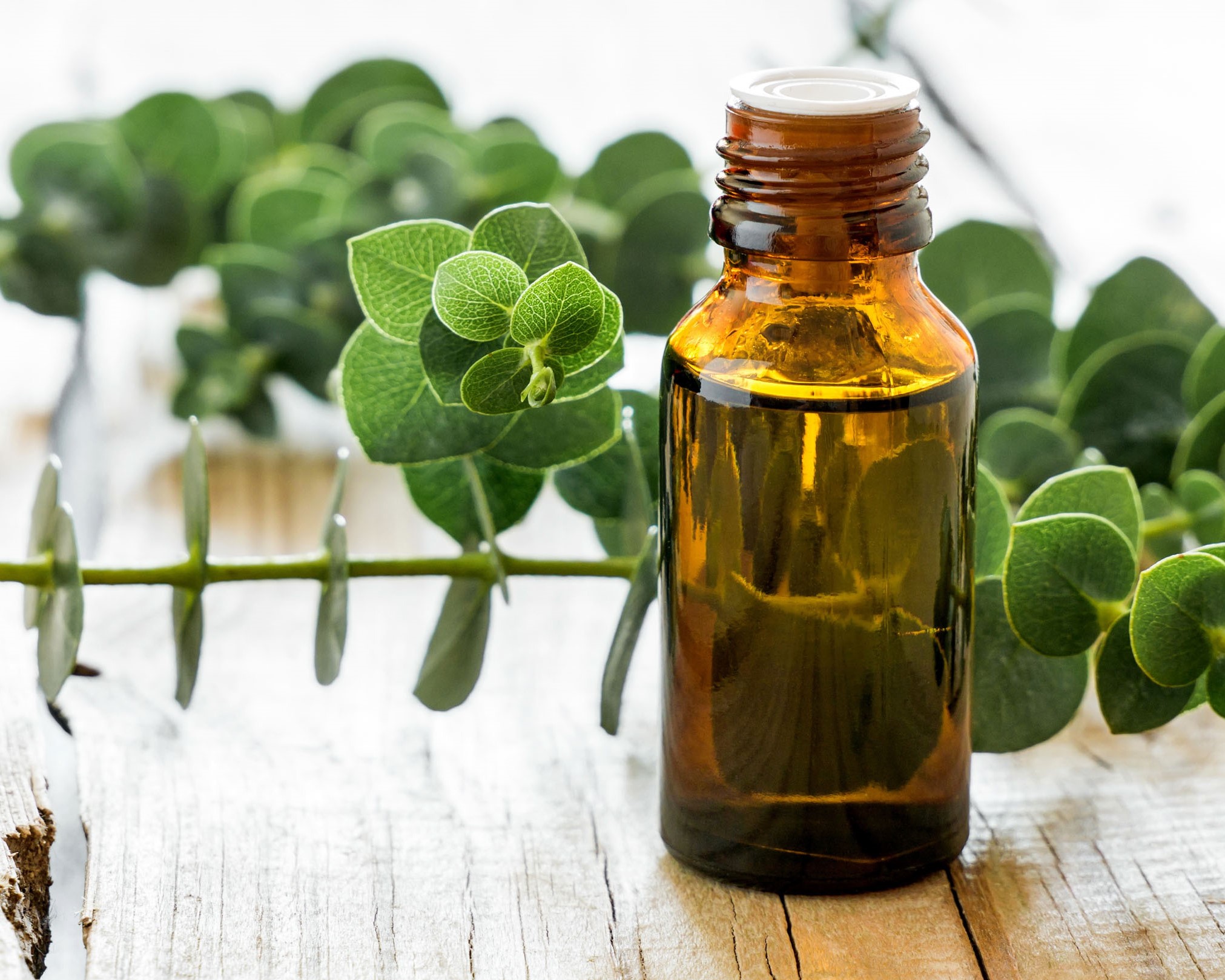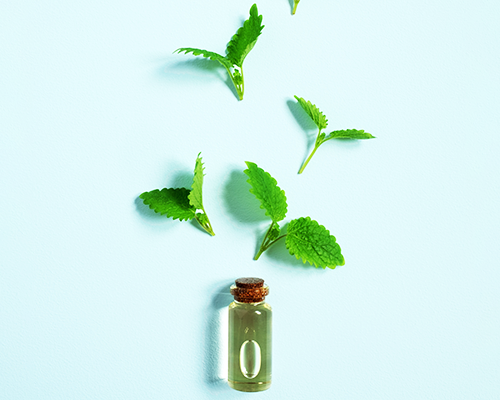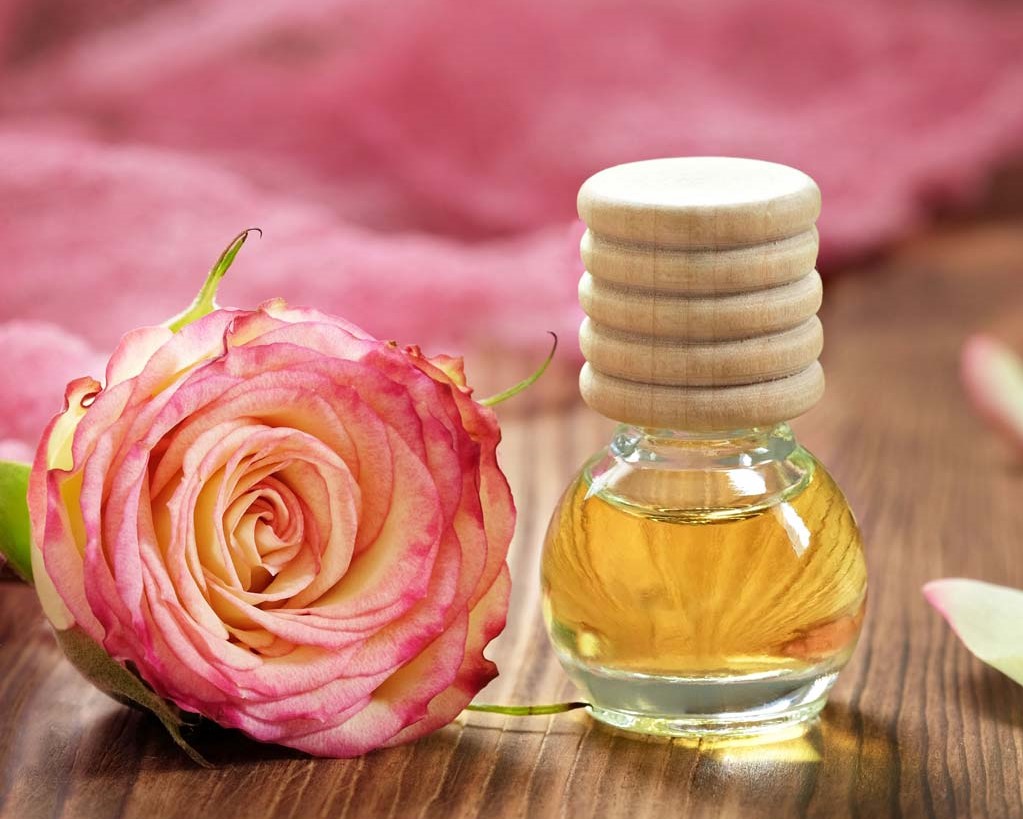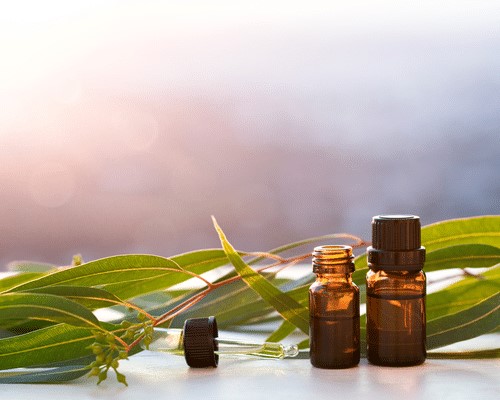Breathe In ... Breathe Out ...
The Essence of Life

Welcome
Essential oils are more than just natural products. Each with a unique chemical makeup, essential oils have dozens of benefits for the body and mind.
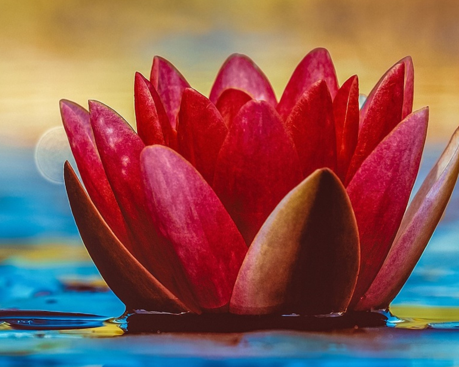
Our Philosophy
At Celestine Secrets our philosophy is to offer high quality 100% pure organic products to assist you on your health an wellness journey.
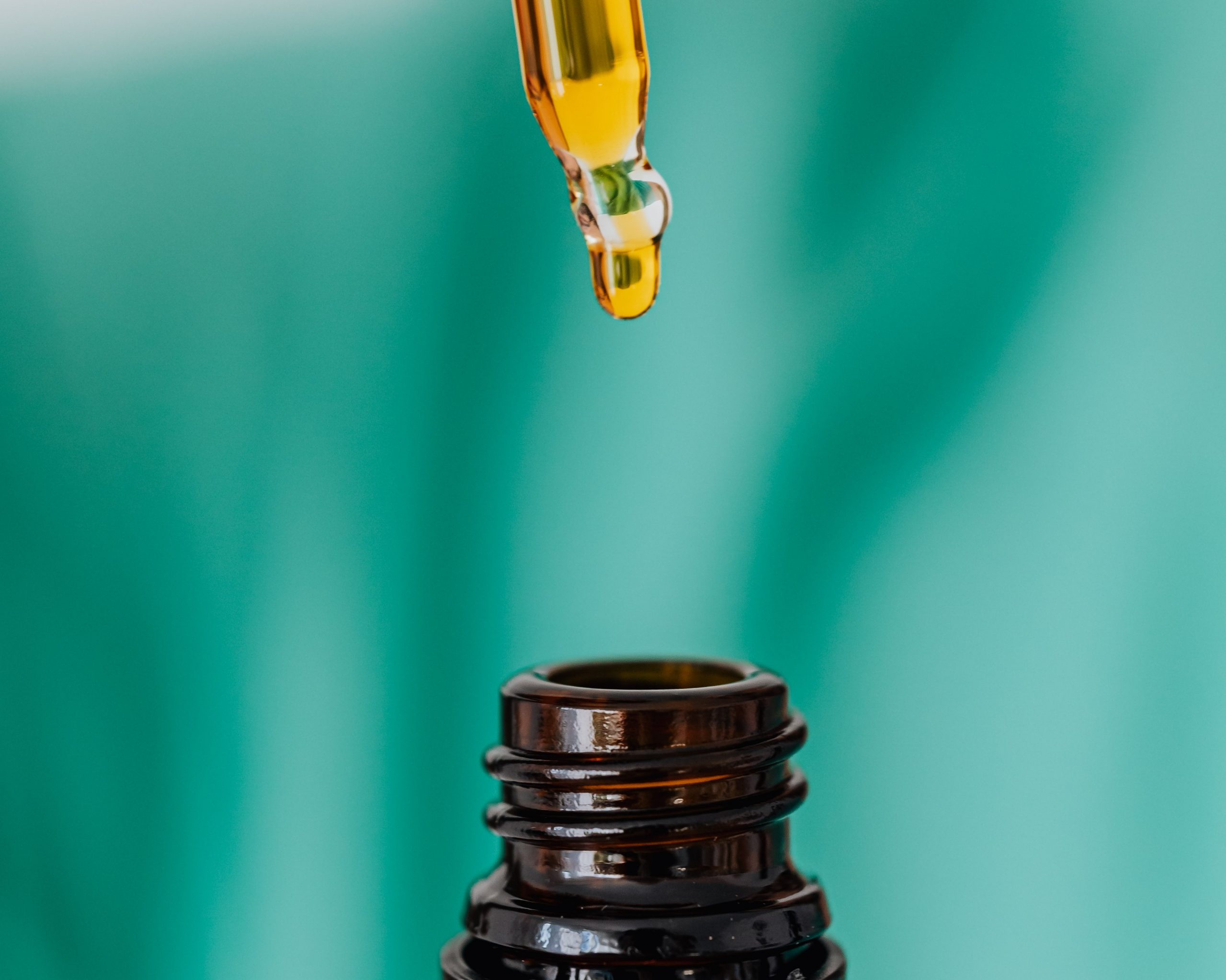
Aromatherapy
Aroma means ‘scent’ and therapy means ‘treatment.’ Aromatherapy, then, is the use of the fragrant parts of aromatic plants to improve your health and general well being.
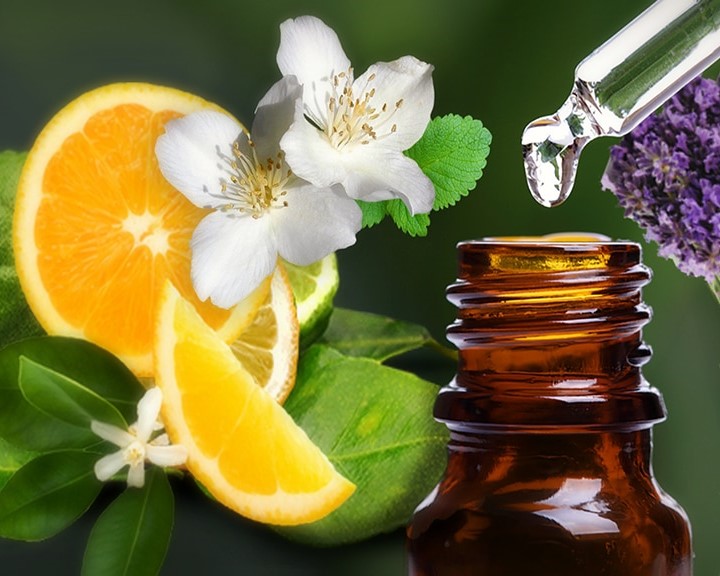
Our Unique Blends
We carefully chose the best single oils to create unique blends to help you with you daily and long term needs.
Featured Blends
Essential Oils100% Pure Organic essential oils of Celestine Secrets takes aromatherapy to a whole new level
Favourite Essential Oils
Loved by our Customers
